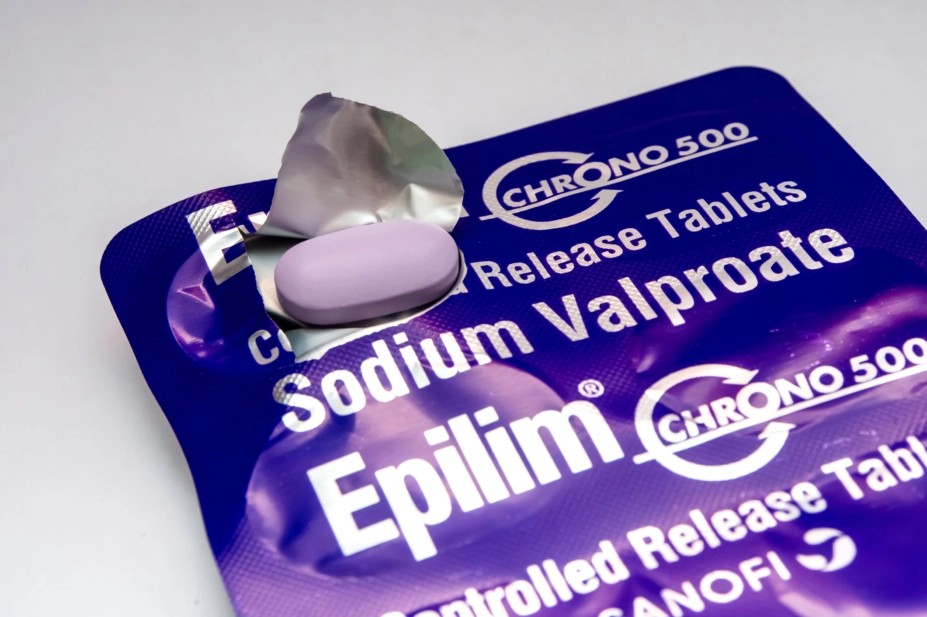
Alamy Stock Photo
The use of valproate in the treatment of bipolar disorder in women who can have children is to be “reconsidered” by the Medicines and Healthcare products Regulatory Agency (MHRA), Matt Hancock, the health secretary, has said.
The chair of the House of Commons Health and Social Care Select Committee, Jeremy Hunt, had written to the health secretary asking for an update on the government’s response to the Independent Medicines and Medical Devices Safety Review, which was published in July 2020.
Hunt wrote that he was “particularly concerned” about the delay in responding to the recommendations regarding the continued use of valproate by pregnant women, and “worried” that women were still becoming pregnant while taking valproate “without knowledge of the risks”.
In his response, Hancock said that the MHRA was “reconsidering the place of valproate in the treatment of bipolar disorder” in women of childbearing potential and would be seeking further advice from the Commission on Human Medicines “shortly”.
David Taylor, director of pharmacy and pathology at the Maudsley Hospital, in London, said that valproate was a “valuable treatment” for acute mania or for prophylaxis against mania and depression.
“Many women of child-bearing age are stabilised on valproate and most of these are adequately protected by the pregnancy prevention programme (PPP),” he explained.
“Alternatives to valproate are lithium and lamotrigine but both have some minor teratogenic potential, and neither is guaranteed to substitute therapeutically for valproate,” Taylor added. “Pharmacists can contribute to ensuring that no child is born to women taking valproate by preventing valproate’s initiation in women of childbearing potential and by making sure the PPP is properly and fully implemented in those stabilised on valproate.”
In the letter, Hancock highlighted that the MHRA were working on developing a valproate registry in order to monitor the use of valproate in women in the UK; monitor the compliance with the regulatory recommendations; and identify any children born to women on valproate. He said the “first stage” of the registry was due to be in place by the end of 2020.
The MHRA has also conducted a review of antiepileptic drugs in pregnancy to identify safer alternatives to valproate for the treatment of epilepsy in women and girls. The outcome of this review is also expected to be published by the end of 2020.
In addition, Hancock said that the MHRA was planning a communications campaign based on the safety profile of other antiepileptic drugs to re-emphasise that sodium valproate should only ever be used where other antiepileptics were ineffective or not tolerated by the patient.
For more information on valproate use in women and minimising the risks see this CPD resource, developed by The Pharmaceutical Journal alongside Sanofi.
You may also be interested in

Patient safety commissioner pushes government on valproate redress almost two years after report

‘It just wasn’t viable’: the safety crisis facing patients with sensory impairments
